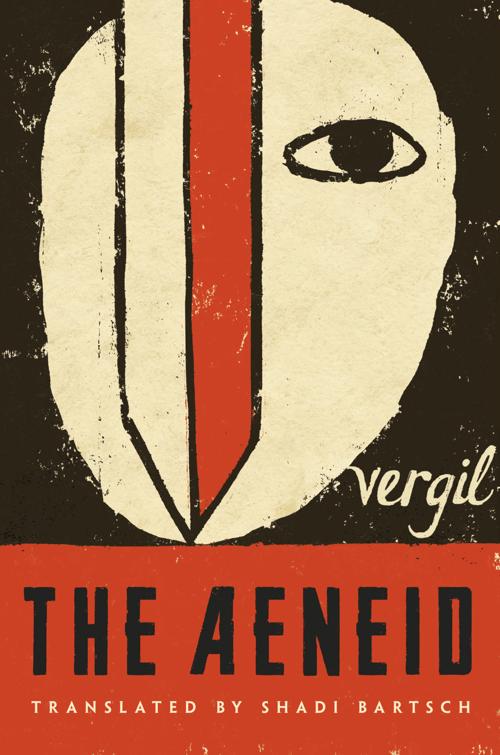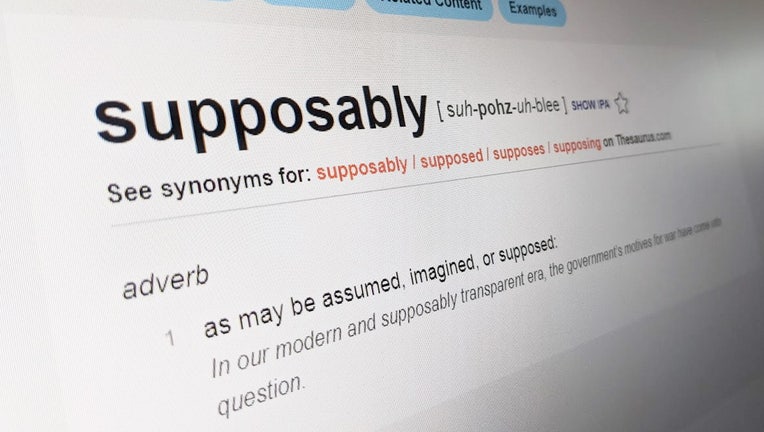
Dickens, Shakespeare, Chaucer, Dante, Vergil, Homer. What do these authors have in common? They each authored one or more classics. “Great Expectations,” “Hamlet,” “Canterbury Tales,” “Inferno,” “The Aeneid” and the “Odyssey” are books that have survived and are being read hundreds, if not thousands, of years after they were written. Compare these with actual bestsellers from the 1920s, such as “Winter’s Moon” and “Showboat,” written by Hugh Walpole and Edna Ferber, respectively. A hundred years later, the latter books are history, while the true classics live on.
Many readers were probably exposed to some or all these classics in high school or college literature courses, but at a young age, it can be difficult to connect with times and places that are unfamiliar. Too often, once we leave formal education, we forget about the classics and, as with the present reviewer, choose to use our reading time for Jack Reacher. It is a safe prediction that in 2121, nobody will ever have heard of Reacher, but we will still be reading Homer, Shakespeare and Vergil.
All this is by way of introducing an excellent new translation of “The Aeneid” by Shadi Bartsch. Excellent because it is totally readable and is not like the plate of spinach your mother said was “good for you.” Read this version of “The Aeneid” for its story line. Too often, translators try to re-create the meter and rhymes of an original. The better way, at least for most readers, is for the translator to focus on the content and not worry about literal word-for-word meaning. On this score alone, Bartsch deserves an A+.
You may have forgotten, but the story of the Trojan Horse, leading to the fall of Troy to the Greeks, is in “The Aeneid,” not the “Odyssey.” Dido was left to die on her funeral pyre by Aeneas, while Vergil fostered the myth of the founding of Rome in this book. The translation is so good that you forget you are reading “a classic,” and can enjoy the book for its plot and characters.
The fall of Troy, and the founding of Rome by the surviving Trojans, was the foundational inspiration for Rome’s citizens, just as we revere the founding Pilgrims. Maybe the first Thanksgiving did not have the Pilgrims and Indians sitting down together, but it makes a good story. Similarly, for the Romans, the tradition of heroic Trojans was at the very heart of their beliefs. There is a lot we can learn from Rome and “The Aeneid” is the place to start.
Alfred M. King is a freelance writer in Spotsylvania County.



